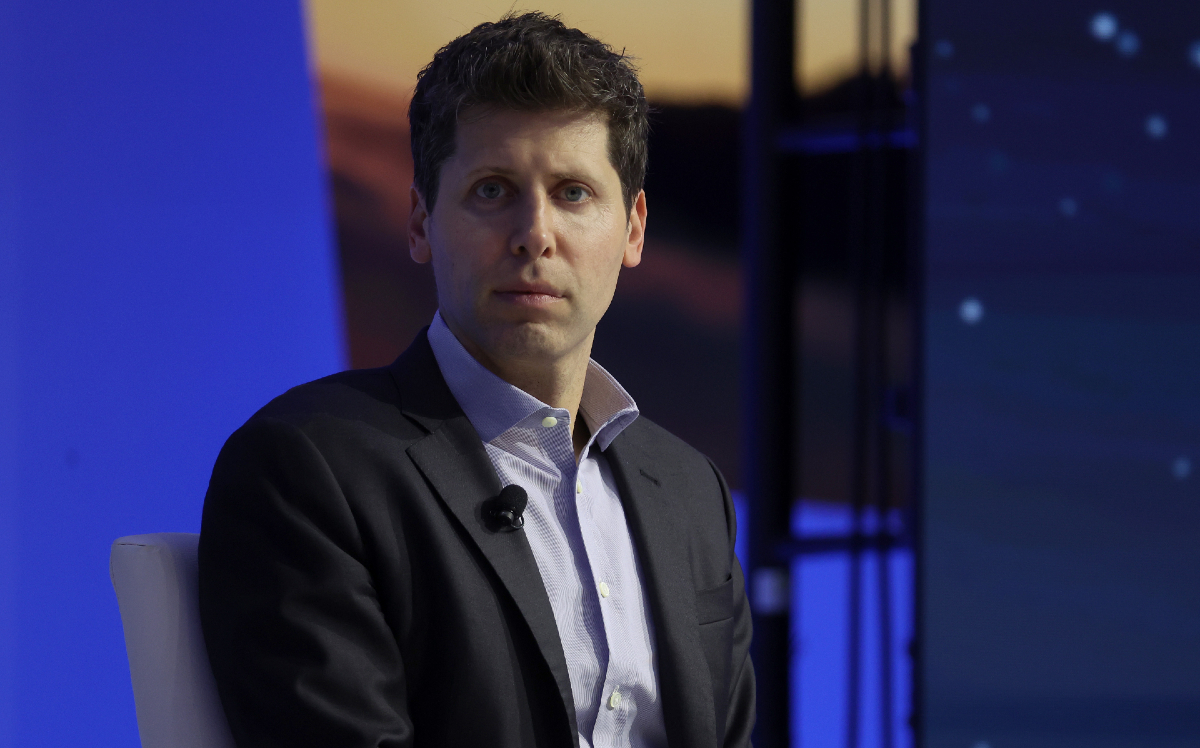‘I don’t see any evidence whatsoever that AI seems to be killing writing’: OpenAI’s Sam Altman doesn’t understand the devastating effect AI is having on writers

Sam Altman, one of OpenAI’s founders, claimed that AI isn’t “killing” writing. Little does he know that AI is already replacing writers in different fields.
“There’s a lot of bad AI writing on the internet. There’s a lot of bad student assignments that had probably been written by AI, but I don’t think anyone’s serious.” Even this statement alone is concerning. How could a generation of writers emerge if AI-generated assignments become the norm? It’s one thing to use grammar checkers, but teachers and professors are finding it difficult to detect AI-generated essays. Even applications like Turnitin struggle to detect AI-generated writing. Educators, therefore, don’t know if students are actually learning anything from their courses.
Students, on the other hand, don’t get to hone their ability to write. Writing trains people to practice critical thinking, creativity, and most importantly, patience. AI robs students of the opportunity to exercise these skills. Consequently, this reliance on AI can debilitate students’ writing aptitude.
If it’s just for grades, why else would students think long and hard to brainstorm a story for creative writing class? Why would they spend hours gathering related literature overnight for yet another research paper? AI generators are a shortcut to acquiring a degree, but they skip the necessary processes involved in writing.
A flawed argument for AI-generated writing
“Do you think that the most popular novel of 2027 has a human name or not? When I finish a great book, I want to know about the writer. I want to know their life’s story. I don’t think I’ll ever have that feeling of AI writing.” Altman claims that human writers won’t be gone anytime soon. In particular, he references authors who write books.
When Altman said that, he didn’t take into account the writers who’ve lost their content writing jobs because their agency wanted to cut costs. He doesn’t mention the translators, fiction, and non-fiction writers who have been replaced by AI in the name of efficiency. The Society of Authors, a trade union in the UK, wrote about their survey findings. Authors and other tradespeople who write for a living are being supplanted by AI. Altman’s argument isn’t just false—it’s a lie.
If companies deem it efficient, there will be no hesitation to replace writers. There are avid readers who care about our stories, but not everyone does. Those who stand to gain a few more pennies will not hesitate to put machines in our place.
AI can capture, or at least, imitate, human emotions. This is why AI chatbots have been stirring interest in fandom spaces—these robots now have the ability to respond as if they’re humans. One day, AI might be able to write faster and better than human authors. Nothing would stop publishing companies from marketing those books as written by “human authors,” but in reality, they could just be AI-generated.
After all, what’s in a name but a grand label? To these people, stories are just words on a screen or paper. If a robot were to replace me from where I sit, Altman wouldn’t be able to tell the difference so long as the robot can entertain him.
Have a tip we should know? tips@themarysue.com